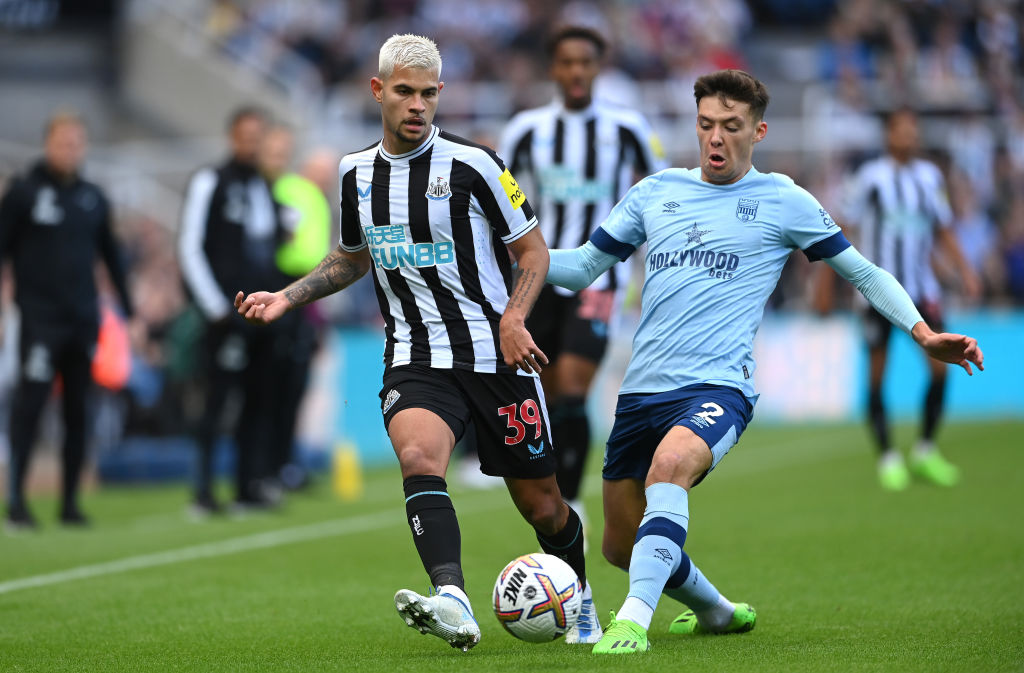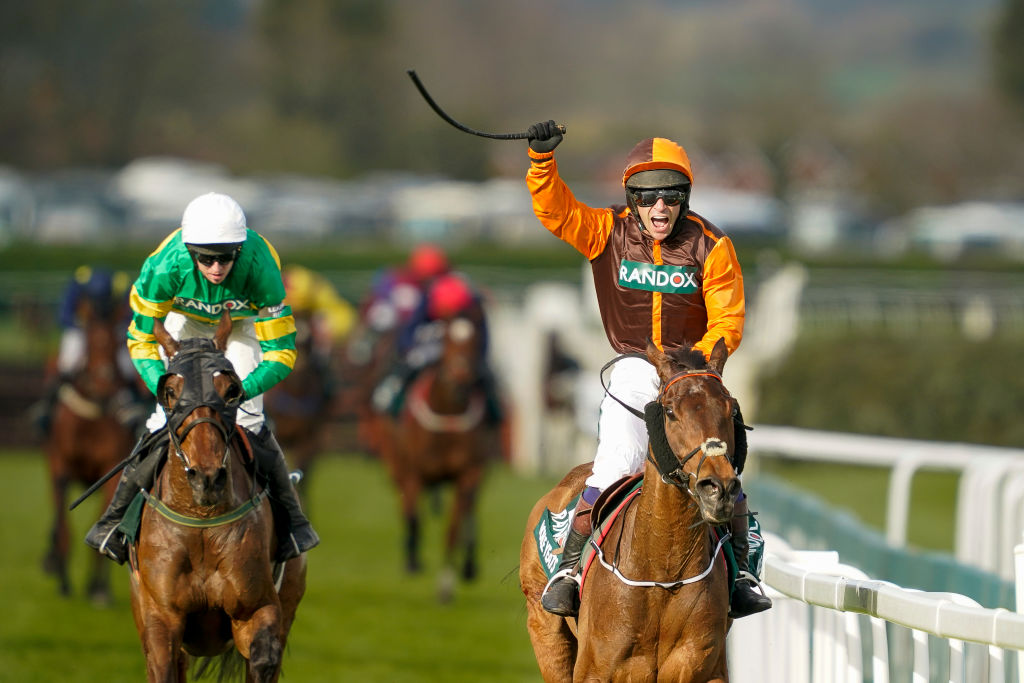Premier League clubs have reached a long overdue agreement to ban gambling sponsors from the front of shirts, but it’s just the tip of the iceberg in Britain cracking down on gambling advertising.
Roughly 13 million people will have a flutter on The Grand National this weekend. That’s equivalent to one in every three adults in the UK. It’s a staggering number that is, in and of itself, not a bad thing. What the 13 million really highlights, however, is how accessible gambling is now. Bookmakers are everywhere, meaning a bet is only a tap away.
This is partly why I get so annoyed whenever Ray Winstone describes sport as ‘a fickle, ever-changing beast’. Seemingly before, during and after any sporting event ever happening, Winstone’s there, and you know what’s coming next: a series of tantalising offers across multiple sports, all glamorising betting, culminating in juicy in-game odds to encourage viewers to act immediately. This is all made okay, of course, by Bet365 adding “And please, gamble responsibly” as an afterthought.

Newcastle and Brentford are among the eight current Premier League teams with betting companies as their shirt sponsor (Credit: Getty Images)
Bet365 are one of the big boys, and the Winstone television advert is just one of their ways of getting to you. Realistically, in today’s world, gambling companies are inescapable. Whether or not they mean harm is beside the point. Their footprint is everywhere. Betting companies appear on TV, websites, before YouTube videos, at football grounds, in programs, on football sleeves and indeed on the front of football strips.
Eight of twenty current Premier League clubs have gambling companies as their primary shirt sponsor. Removing this ability is a big decision and a step in the right direction for a sport that increasingly puts profit over people. The timing is not a coincidence, ahead of the publication of a government white paper expected to propose an overhaul of the 2005 Gambling Act, but it is progress nonetheless. Whether it is the start of football clamping down on betting, or a preemptive move hoping to divert the focus of critics, remains to be seen.
READ MORE: THE ABSOLUTE STATE OF…
The damage that gambling can do is now well-publicised. There are a number of charities and organisations campaigning for reform and holding bookmakers to account. Just last month, William Hill Group businesses were ordered to pay over £19 million for failing to properly protect its users. Companies also have to comply with Advertising Codes specific to gambling. These state that companies must not:
- portray, condone or encourage gambling behaviour that is socially irresponsible or could lead to financial, social or emotional harm.
- exploit the susceptibilities, aspirations, credulity, inexperience or lack of knowledge of children, young persons or other vulnerable persons.
- suggest that gambling can be a solution to financial concerns.
- link gambling to seduction, sexual success or enhanced attractiveness.
- be of strong appeal to children or young persons, especially by reflecting or being associated with youth culture.
- feature anyone gambling or playing a significant role in an advert if they are under 25 years old (or appear to be under 25).
These rules are vague and open to interpretation. Hopefully, they see reform with the forthcoming white paper. However, even in their current shape, along with decisions like the Premier League’s, they seem to admit that gambling advertising is inherently dangerous. It’s not really a debate any more. But with the money that gambling generates for companies and sponsors alike, resistance will persist.
To continue to have the Marlboro Man on television would be absurd. It is weird, even, seeing photos of Michael Schumacher from just 20 years ago, with him and his Ferrari both covered in Marlboro advertising. We’re approaching 16 years since the ban on smoking inside, which, even amongst smokers, has to be considered a brilliant public health development, and I can’t see how the same won’t be true for gambling.

Sam Waley-Cohen riding Noble Yeats win The Randox Grand National Handicap Steeple Chase at Aintree Racecourse on April 09, 2022 in Liverpool, England. (Photo by Alan Crowhurst/Getty Images)
Betting can be a harmless bit of fun, as it will be for millions during the Grand National on Saturday, but it doesn’t need encouragement. People can and will choose to place a bet, so it’s time to stop advertising it.




